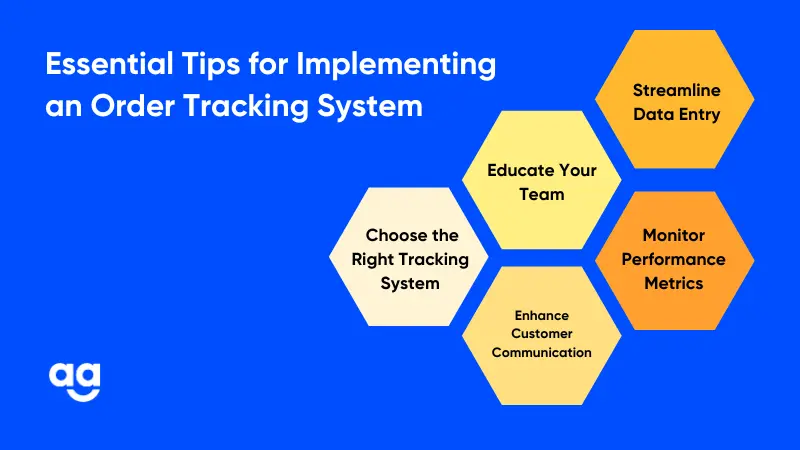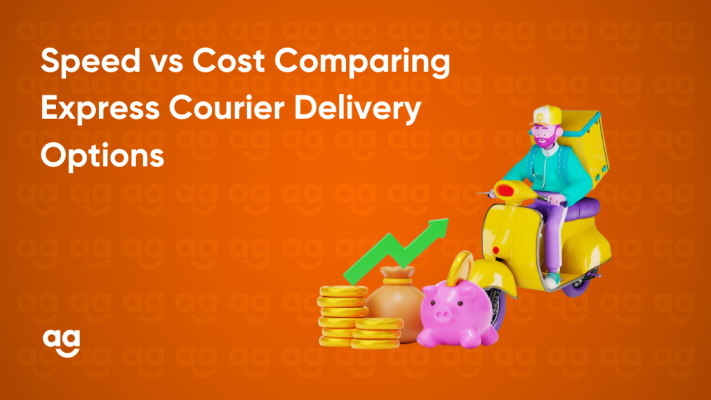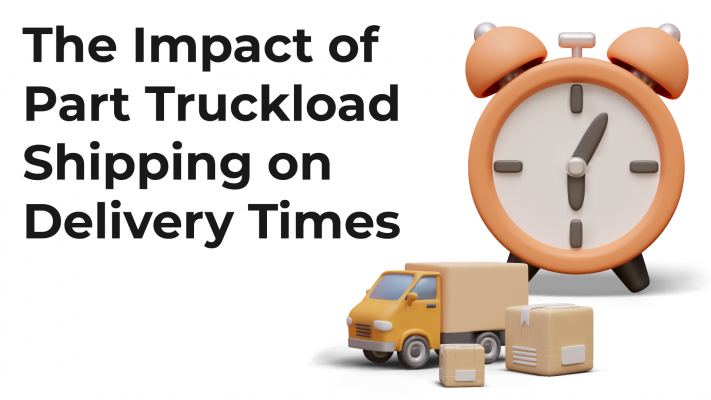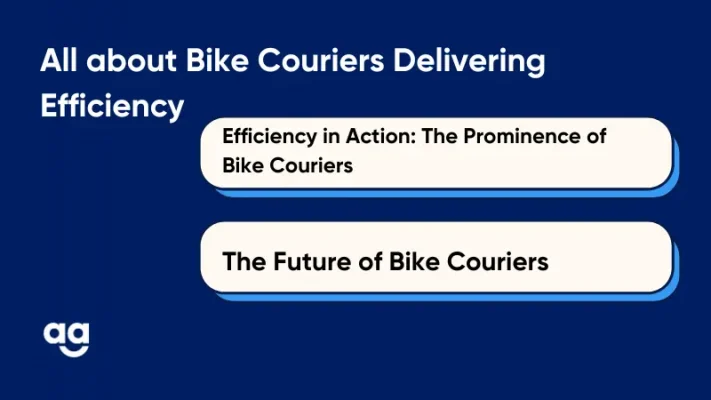Planning Pays Off: 5 Strategies to Get the Most Out of Your Delivery Speed Choice
July 17, 2024
5 min read
Introduction
Order tracking is crucial for any eCommerce business. It ensures smooth shipping and adds value by offering insights into the supply chain. When it comes to efficient order tracking in eCommerce, it’s not just about smooth shipping; it’s also a key source of insights into your supply chain.
In this post, we will explore essential tips for successful order-tracking implementation. Read on to streamline your processes and enhance your eCommerce operations.

Top Tips for Successfully Deploying an Order Tracking System
Here are some tips for implementing a foolproof order-tracking system:
Choose the Right Tracking System
Choosing the correct tracking system is a crucial factor in the successful use of the system in the end.
Select an easy-to-handle system that will fit into your business operations and will integrate well with the systems you already have in use. Consider aspects such as live tracking, user-defined notifications, and the support of different shipping providers.
Educate Your Team
Make sure that your team understands the critical importance of order tracking and how to make the chosen system work accordingly.
An efficiently trained team is vital for realizing the utility of the system and solving problems accordingly. Make sure you offer detailed training sessions that help them become conversant with the software features and troubleshooting process.
Streamline Data Entry
Order tracking efficiency depends on effective data entry. Create universal guidelines for data entry into order systems and avoid mistakes and inconsistencies. Adopt barcode scanning technology for a faster process and less manual error.
Enhance Customer Communication
The major objective of effective communication is to notify customers during the whole shipment process.
Source
Introduce automated notifications to offer buyers order status updates, delivery delay notifications, and shipment estimates. As far as possible, personalize the communications you’re sending out to keep the interaction as transparent and engaging as possible.
Monitor Performance Metrics
Collect KPIs on the order track (for example, delivery time, order accuracy, and customer satisfaction rate).
Perform this analysis frequently to determine those areas that need improvement and use the tracking system in an optimized fashion according to its performance. Regular tracking of performance gives you the ability to act in advance and improve the productivity of the business in general.
Considerations for Order Tracking System Implementation
Ensure effective order tracking with the following methods:
- Order status: Provide real-time updates on the order status, such as “order received,” “order processed,” “order shipped,” and “order delivered.”
- Shipping tracking: Link the order tracking system with the shipping carriers to offer shipping updates in real-time.
- Estimated delivery date: Estimate the shipping date with the locale and method of delivery in mind for each order.
- Order history: Provide customers with access to their order history, including past orders and order status.
- Push notifications: Send push notifications to customers when their order status changes or when their order has been shipped.
Conclusion
Implementation of an order tracking system is key to optimizing your business operations and increasing transparency and customer satisfaction.
This way, you can effectively move to an efficient system that brings desirable gains to both your business and your clients. Remember, its success depends on proper planning, conducting the training, and a willingness to improve.
If you’re on the lookout for a reliable partner to make logistics simpler for you, Shipyaari can help. With over 12+ channel partners, 94.2% RTO reduction, and an AI-driven carrier recommendation engine, we ensure all your logistics needs are cared for seamlessly.
Frequently Asked Questions
Order tracking enhances customer satisfaction, optimizes supply chain operations, and reduces inquiries by providing real-time shipment updates.
Real-time tracking, integration with eCommerce platforms and shipping carriers, automated customer notifications, and robust reporting and analytics.
Establish clear data entry guidelines, use barcode scanning technology, and provide comprehensive training to staff.
Implement automated notifications for order status and delivery updates, personalize communications, provide access to order history, and use multiple communication channels (email, SMS, app notifications).
Suggested Reads
Hyperlocal Personalization: Tailoring Experiences for Local Customers
Introduction The eCommerce industry in India has witnessed a rapid growth of hyperlocal services in
Continue ReadingDec


















 Shipping
Shipping







